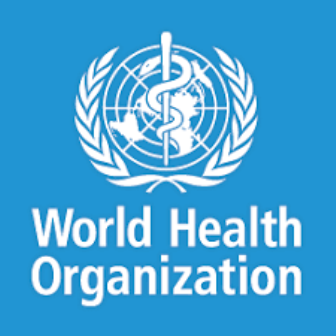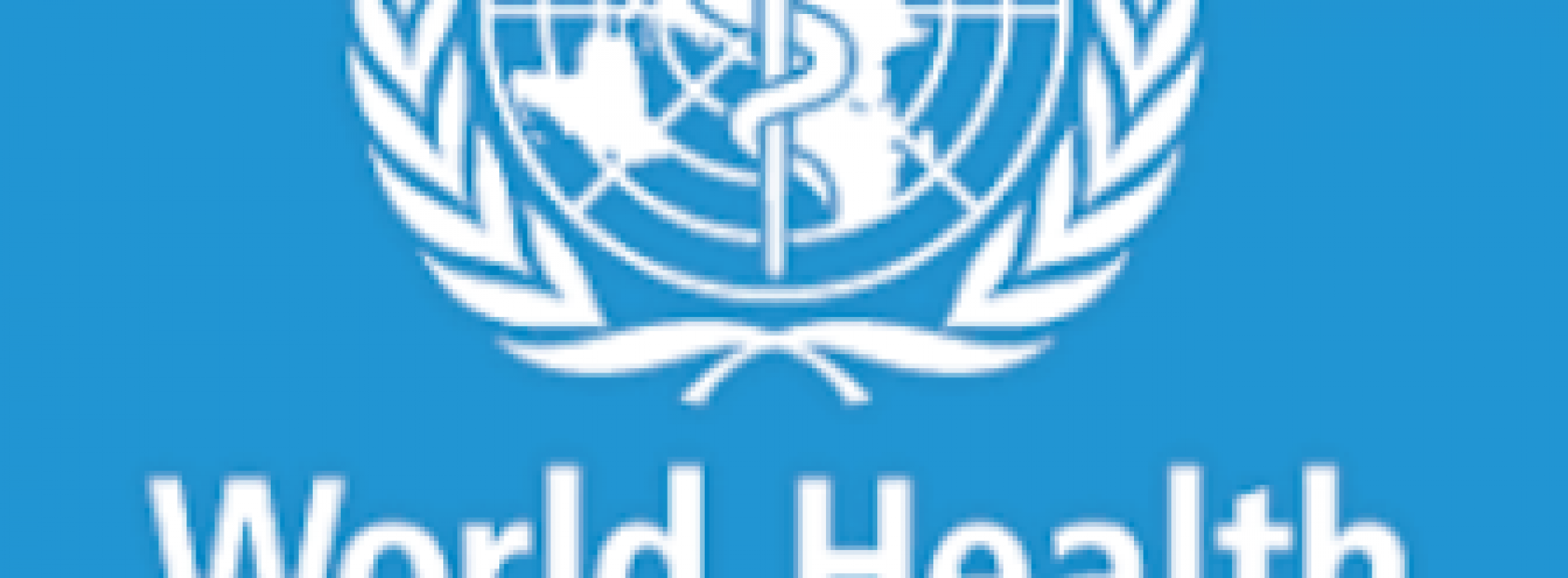WHO study shows drug could save thousands of women’s lives

A new formulation of a drug to prevent excessive bleeding following childbirth could save thousands of women’s lives in low- and lower-middle-income countries, according to a study led by the World Health Organization (WHO) in collaboration with MSD for Mothers and Ferring Pharmaceuticals.
Currently WHO recommends oxytocin as the first-choice drug for preventing excessive bleeding after childbirth. Oxytocin, however, must be stored and transported at 2–8 degrees Celsius, which is hard to do, in many countries, depriving many women of access to this lifesaving drug. When they can obtain it, the drug may be less effective because of heat exposure.
The study, published today in the New England Journal of Medicine, has shown an alternative drug – heat-stable carbetocin – to be as safe and effective as oxytocin in preventing postpartum haemorrhage. This new formulation of carbetocin does not require refrigeration and retains its efficacy for at least 3 years stored at 30 degrees celsius and 75% relative humidity.
“This is a truly encouraging new development that can revolutionize our ability to keep mothers and babies alive,” says Dr Tedros Adhanom Ghebreyesus, Director-General of WHO.
Approximately 70 000 women die every year because of post-partum haemorrhage – increasing the risk that their babies also die within one month.
The clinical trial, the largest of its kind, studied close to 30 000 women who gave birth vaginally in 10 countries: Argentina, Egypt, India, Kenya, Nigeria, Singapore, South Africa, Thailand, Uganda and the United Kingdom.
Each woman was randomly given a single injection of either heat-stable carbetocin or oxytocin immediately following the birth of her baby. The study found that both drugs were equally effective at preventing excessive bleeding after birth.
Since both drugs in the study were kept in at the temperatures required to ensure maximum efficacy of oxytocin, the trial may underestimate the benefit expected with heat-stable carbetocin use in real-life settings where oxytocin may have degraded due to exposure to higher temperatures.
“The development of a drug to prevent postpartum haemorrhage that continues to remain effective in hot and humid conditions is very good news for the millions of women who give birth in parts of the world without access to reliable refrigeration,” says Dr Metin Gülmezoglu, from the Department of Reproductive Health and Research at WHO.
The next step is regulatory review and approval by countries.
WHO will ask its Guideline Development Group to consider whether heat-stable carbetocin should be a recommended drug for the prevention of postpartum haemorrhage.
Source: WHO







0 Comments
No Comments Yet!
You can be first to comment this post!